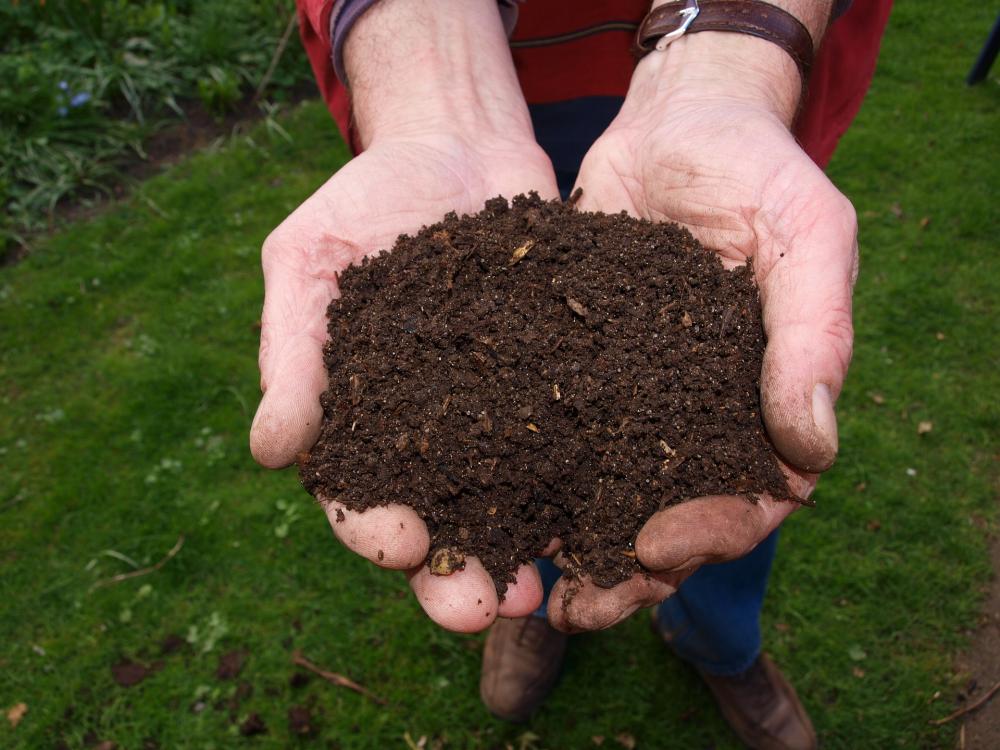Green Thumb: 3 Tips For Growing Organic For The First Time
Growing an organic garden is not as arduous as some people think it is. Indeed, it may be easier than growing one that depends on lots of commercial fertilizers, herbicides and pesticides in an attempt to wrestle nature into producing perfect fruit and veggies. Organic gardeners believe that their garden can be healthy and grow abundantly with some guided help from nature. With this in mind, here are three tips for growing organic for the first time:
Cultivate the Earthworms
The sight of an earthworm in the soil brings joy to the organic gardener’s heart, for they are a gardener’s best friend. Their tunneling through the soil aerates it, breaks it up and homogenizes and loosens it, which helps the plant’s roots reach deep. Their burrowing also raises important minerals from the subsoil to the topsoil where they are available to your plants. They neutralize soil that is too alkaline or acid for your plants, and they liberate essential nutrients and help the soil retain water.
Use Compost and Other Natural Fertilizers
Compost is any organic material that has been broken down into simpler forms through the action of bacteria. When used as fertilizer, it feeds both plants and other creatures who live in the soil. This is in contrast to artificial fertilizers, which can kill such beneficial beasties as earthworms if they are not used in just the right way. Compost also lasts a long time because its components are broken down slowly. Chemical fertilizers give the plants a boost then they’ll peter out quickly. You can purchase Nature Safe organic fertilizer as an alternative to harmful chemicals if you can’t compost. Another great thing about compost is that you can make your own out of kitchen scraps and other waste products. These can include the scraped skins and ends of vegetables, grass clippings, paper as long as it doesn’t have colored ink and autumn leaves. The few things to avoid include meat, the manure of carnivorous animals, charcoal and wood ashes.
Getting Rid of Pests
Even the most loved-up organic garden is going to attract pests, though probably not as many as you think. Ways to discourage pests without organic remedies include:
- · Encouraging earthworms
- · Composting
- · Planting varieties of plants that are resistant to diseases and pests
- · Using row covers before the pests or diseases can attack
- · Encourage insect-eating birds to show up by building birdhouses
- · Plant in the fall when pests and diseases are less common
These are only three tips for a first time organic gardener. With time, care and patience, you won’t believe how beautiful, healthy and fertile your garden will be.




0 Comments
Recommended Comments
There are no comments to display.